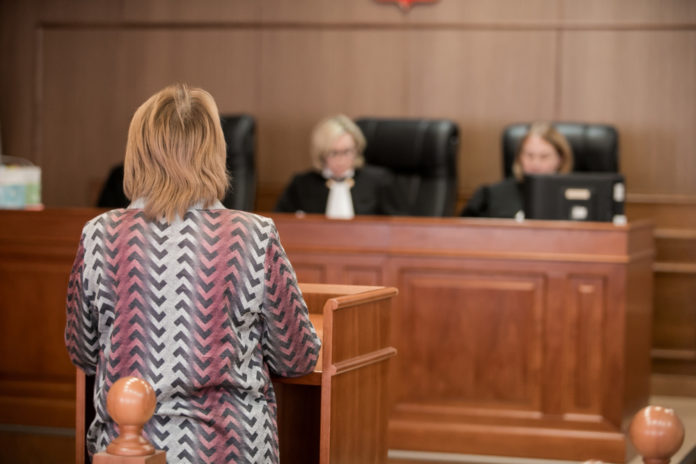COFC decision finding that protester lacked standing is reversed. The COFC ruled that the protester lacked standing to protest because its proposal was technically unacceptable. But a protester has standing so long as they would have an opportunity to participate in a new procurement. Here, only two offerros submitted bids. Assuming the protest was successful, no one would be eligible for award, and the agency would have to rebid the contract. Because the protester could participate in the new procurement, it had standing to protest.
GSA issued a request for lease proposals. GSA received a proposal from the incumbent VAS Realty. GSA only received one proposal, so it asked another company, Cape Moraine, to submit a proposal. Cape Moraine accepted the invitation. GSA awarded the lease to Cape Moraine. GSA determined that VAS’s offered price per square foot was outside the competitive range.
Following award to Cape Moraine, the GSA Inspector General released a report stating that the procurement had been flawed because GSA had improperly accepted a late proposal from Cape Moraine and awarded the lease to Cape Moraine even though the company did not own the property it proposed.
VAS filed a protest with the Court of Federal Claims based on the issues noted in the OIG report. The COFC, however, found that VAS lacked standing to protest. The court reasoned that VAS had proposed more square footage than specified in the proposal and thus was ineligible for award. Because it was ineligible, it lacked a direct economic interest in the outcome of the procurement.
VAS appealed to the Federal Circuit, which reversed. A bid protester has standing when, assuming its protest is successful, it would have an opportunity to participate in a new procurement. In this case, VAS may have been ineligible for award. But if the protest was successful, then Cape Moraine would also be ineligible. The government would then have to rebid the lease and afford VAS another opportunity to bid. Under these circumstances, VAS had standing.
VAS is represented by Anuj Vhora, Alexandra Barbee-Garrett, Christian Curran, and Monica Rose Sterlings of Crowell & Moring LLP. The intervenor, Cape Moraine, is represented by Steven D. Gordon, Hillary Freund, Gordon Griffin, and Robert MacKichan, Jr. The government is represented by Stephen Carl Tosini, Brian M. Boynton, Martin F. Hockey, Jr., and Douglas K.Mickle of the Department of Justice as well as by Nancy Ellen Oconnell of the General Services Administration.




